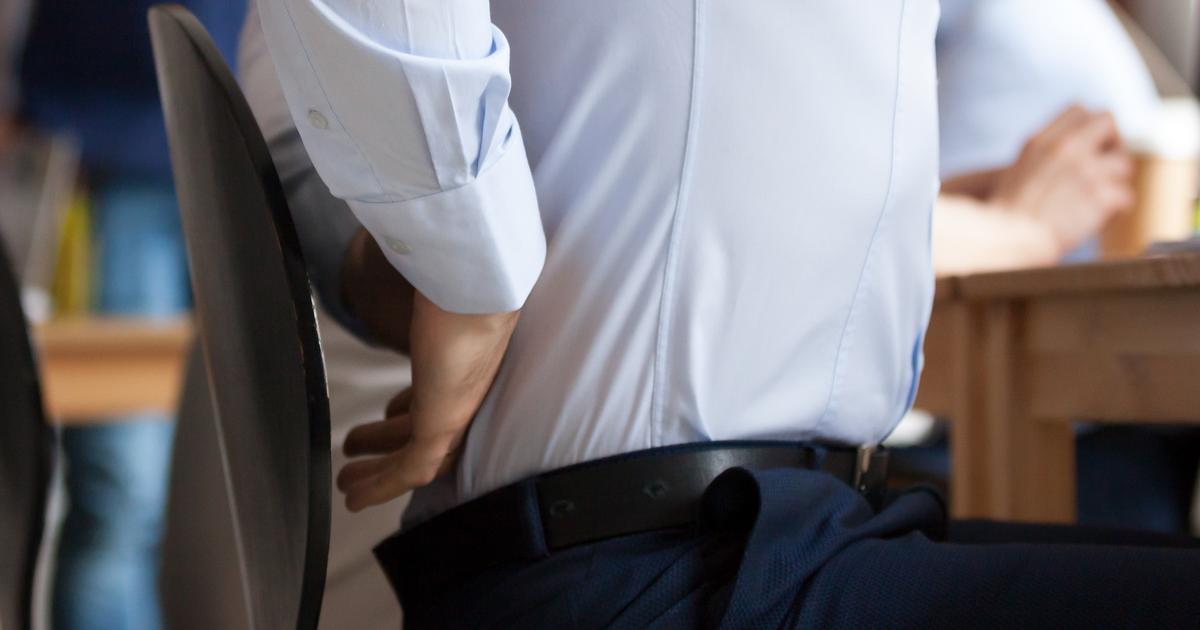Warning Signs Of Spinal Stenosis
Pain In The Neck Or Back

Spinal stenosis can technically occur in any of the five main parts of the spine, though it is most common in the neck and lower back. As such, one of the most common symptoms of spinal stenosis is pain in the neck or back. When patients have lumbar spinal stenosis, they might experience a burning pain that spreads from their lower back through their buttocks and down one or both legs. This is a condition known as sciatica, and it can be extremely debilitating. Cervical spinal stenosis is one of the most common causes of neck pain in patients over fifty years old. As individuals get older, the spine is more likely to narrow due to the natural process of aging and wear-and-tear. It's also possible to develop cervical stenosis after undergoing some kind of trauma or impact to the neck. Sometimes the symptoms of stenosis and pain don't even occur until years after the trauma has healed. Neck pain caused by spinal stenosis isn't always severe, but it does tend to be chronic or recurrent.
Learn more about the warning signs linked to spinal stenosis now.